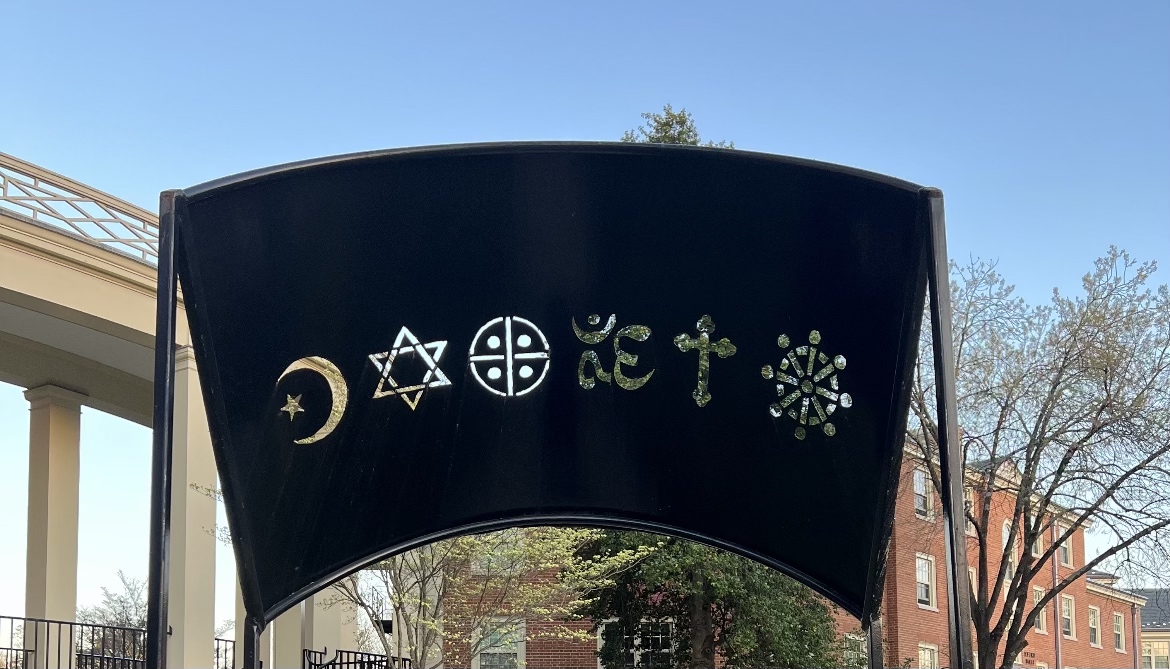We write as Co-Chairs of the Concerned Faculty group.
After the August 2016 announcement of the $3.69 million pledge by the Charles G. Koch Foundation (CGKF) to support the Eudaimonia Institute (EI), we read with alarm media reports of the Kochs’ initiatives in higher education. We asked several times to see the donor agreement between Wake Forest and the Foundation, because agreements with other universities have included secrecy clauses, as well as the right to name the director of Koch funded centers and institutes, and the right to rescind, on short notice, the pledge and flow of funds, if the Foundation’s goals are not met. When the administration denied those requests, 189 colleagues signed a petition, asking the Faculty Senate and the Committee on Academic Freedom and Responsibility (CAFR) to review the process of the approval of the EI and the donor agreement with the CGKF. On March 15, 2017 the Faculty Senate approved a motion of the Ad Hoc Senate Committee calling on the Wake Forest administration to stop accepting CGKF money for any institute or center.
The Committee documented that the Koch network of funding for centers and institutes ultimately aims to influence political legislation by (1) fostering a network of scholars whose research will serve as the “raw material” for Think Tanks, which raises clear conflict of interest issues; and (2) endeavoring to convert students to their particular ideology in the hope that those students will then go on to fill their “talent pipeline” into think tanks and grass root political organizations.
It is likely that the stipulations of the Koch Foundation puts the EI Director in a conflict of interest by either pursuing results that meets the goals of the CGKF or risk losing funding for faculty and staff. We note that the Humanities Institute and Pro Humanitate Institute have not been funded by one major donor for faculty lines and curricular development.
Provost Kersh has observed that Wake Forest has and can put corporate money earned in “unsavory” ways to “good” use, citing foundations linked to RJ Reynolds, Mellon and Luce as examples. However, this money is actually gifted to the university for “good” purposes as defined by the university. The Koch Foundation’s pledge is not a “gift.” The Foundation wants to dictate the academic purpose of the money for its own financial ends. This violates the academic integrity of Wake Forest by substituting its name and reputation for that of the Kochs. Accepting this money with these kinds of stipulations would undermine the public trust in Wake Forest. We have confidence that the administration, working with the faculty, will reject the Koch Foundation’s money and adopt improved policies that make it clear that Wake Forest cannot be bought.
—Professor Gale Sigal, department of English
—Professor Steve Boyd, Easley Professor of Religion











tdaly • Apr 22, 2017 at 8:35 am
Years ago the wealthy, including Rockefellers,
Vanderbilts, Carnegies, Mellons, and others built colleges and
universities. Unfortunately, in the
years since I have graduated, the aim of some wealth families has changed. The Charles Koch Foundation funds “think tanks” like the Cato insitute, ALEC to
influence local governments, and the Federalist Society to “recommend”
Supreme Court justices to conservative presidents. Now they are turning to higher
education. When the Koch Foundation and its friends give
to almost 300 universities they have a particular aim, to propagate their
beliefs, not rigorous pursuit of the truth.